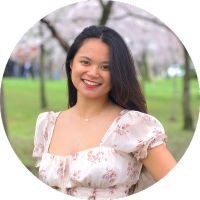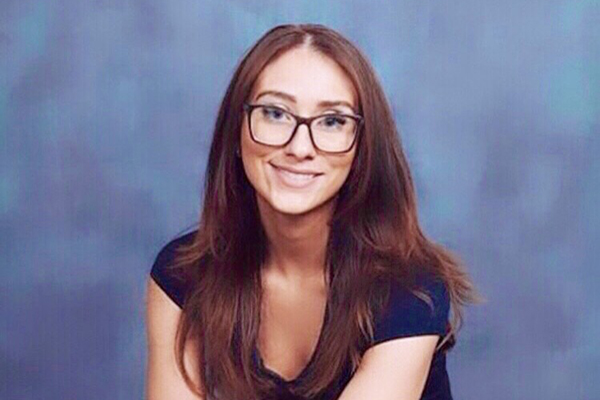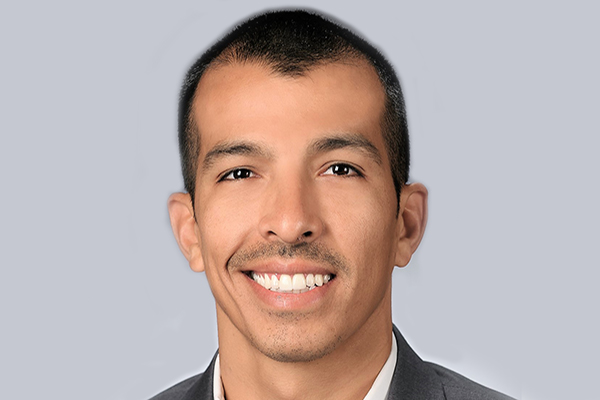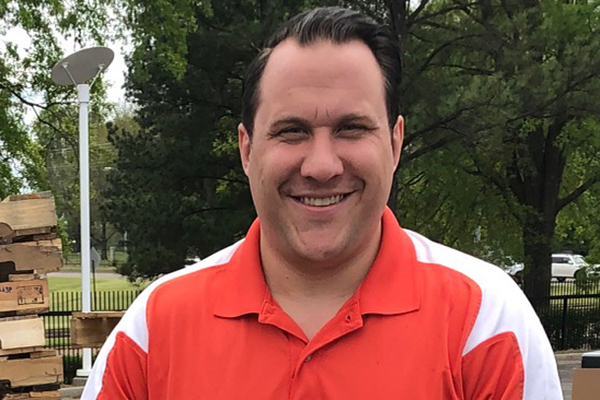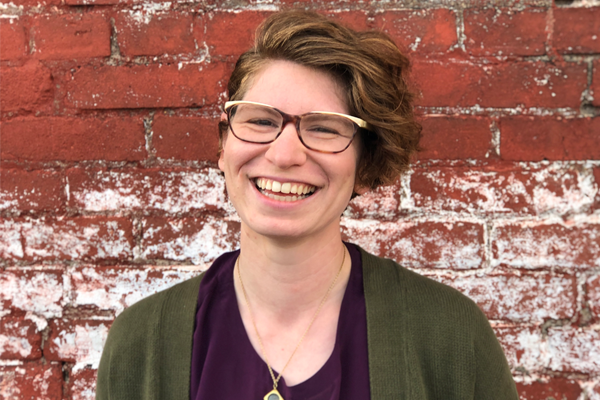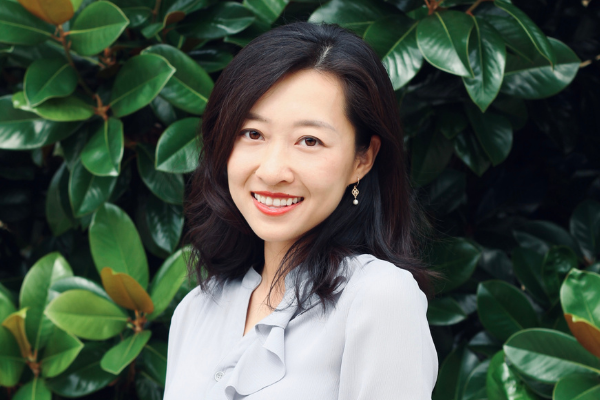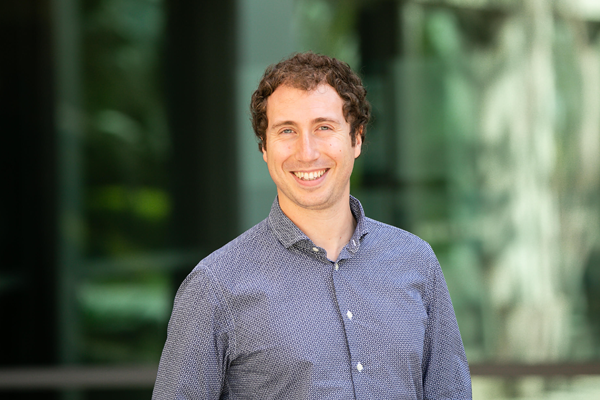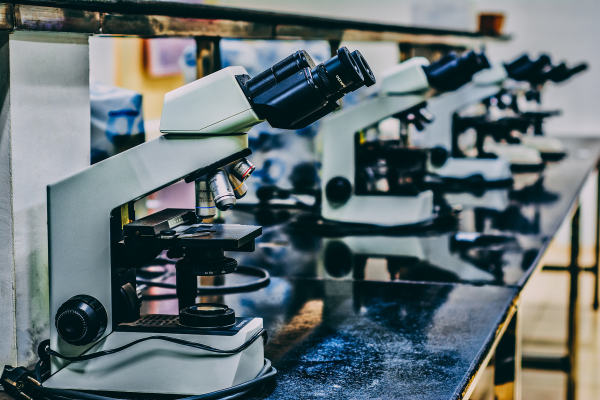
I was born and raised in Connecticut and received my Bachelor’s (2018) and Master’s (2019) in Chemistry from Wesleyan University. Shortly after graduating, I started working at Pfizer in their High-throughput Screening Group within Chemical Research & Development. In 2022, I joined the Wesleyan Faculty as a Visiting Instructor of Chemistry and currently teach two sections of Organic Chemistry Lab. In my free time I enjoy baking, cooking, aerial arts, and trying new restaurants and foods.
Have you always been a “science person”? What attracted you to chemistry specifically?
I’ve always been a science person, but it manifested in different ways growing up. When I was around six years old, I received a Barbie Lip Studio Toy for Christmas that allowed kids to custom make their own “Lipstick.” I was obsessed with the toy and loved figuring out how to operate it and play around with the flavor, color, and lip base ratios to get my ideal lip product. I was also interested in cooking and baking growing up (and to this day!), and I would try to modify the recipes (change the amounts of ingredients, bake time and temperature, stir technique and duration, etc.) to see how that would impact the final baked good.
Because I always gravitated towards activities and hobbies that involved creating something following (or loosely following) a procedure and finding ways to improve said procedure to get more desirable outcomes, I really enjoyed my AP Chemistry class in high school. I loved working in lab and then learning why the experiments we performed resulted in certain outcomes.
Chemistry is all around us. Chemistry taught me why adding baking soda to your cookie recipe could create softer and fluffier cookies. Chemistry taught me that the colors, flavors, and lip base materials in my Lip Studio toy were all just different combinations of chemicals. After graduating high school, I wasn’t sure yet what I wanted to study, but after taking my first chemistry class at Wesleyan University during my freshman year, I knew I wanted to pursue that as a major.
What attracted you to a career in industry? Did you ever consider alternative career paths?
I was initially pre-med in college and thought about becoming a dermatologist or primary care physician after graduating. However, after taking organic chemistry and joining Professor Fry’s research lab at Wesleyan, I realized I enjoyed working with chemicals and instruments. I was more interested in how medicine was made and its chemical constituents rather than administering the medicine. Once I realized that, I started reading more about the chemical industry and networking with Wesleyan chemistry alumni to learn about potential career paths. In the final semester of my Master’s year, I attended a Pfizer event where students could visit campus, learn about careers at Pfizer, and network with colleagues. I was sold.
How has your experience in industry influenced your approach to teaching chemistry?
While I was at Wesleyan, I spent a lot of time in the Organic Chemistry lab as a Teaching Assistant (and a Lab Prep Assistant) for five semesters. When the job opened for a new Visiting Instructor to teach Organic Chemistry Lab night sections, Dr. Anthony Davis, a professor I used to work for as a teaching assistant in Organic Chem lab and Intro Chem Lecture, reached out to me to see if I was interested.
While I was a teaching assistant, my primary responsibilities were ensuring laboratory safety and offering support to students where I could. As an instructor, I now teach the students the lab they will perform and the chemistry behind it while making it an engaging, supportive, and safe environment.
Working in industry has enabled me to give some “real world” context to the labs the students are performing and share how different operations may be performed on a larger scale. For those who are interested in pursuing the chemistry major, these “fun facts” that I share are very exciting and engaging. For those who are pre-med, providing some context as to how different organic transformations or reactions can be used to make Active Pharmaceutical Ingredients (APIs) makes the labs more exciting for them, too! My goal as an instructor is to get the students engaged and excited to do a lab for the next four hours while also ensuring that the environment is safe and supportive. Working in industry has given me more perspective on how to perform operations more safely, and I try to ensure students are as calm and confident as possible to minimize accidents and unsafe behaviors.
Tell us about what your ideal workday looks like.
An ideal workday for me would be coming into work, analyzing data, sending out reports for the different projects we support, and interacting with the amazing scientists I get to work with every day.
About the Contributor

Giselle Reyes joined Pfizer's Chemical Research and Development department in 2019. She leads the solid form screening lab, as well as supports different screening workflows for the High-Throughput Screening Group located in Groton, CT. Outside of Pfizer, Giselle is a visiting instructor at Wesleyan University where she teaches two sections of organic chemistry lab. Giselle has a Bachelor’s and Master’s Degree in Chemistry from Wesleyan University in Middletown, CT.
This article has been edited for length and clarity. The opinions expressed in this article are the author's own and do not necessarily reflect the view of their employer or the American Chemical Society.

